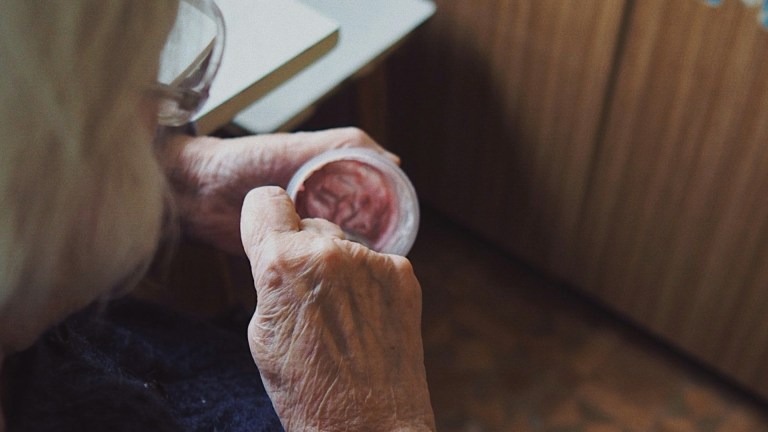Experts are warning not to be fooled by recent growth in Brits’ incomes – because some of society’s worst-off people are still stuck earning less than they would have before the 2008 financial crash.
Some people have fared far worse than others since the recession, economists said, with the outlook for men on low incomes “disastrous”, largely due to decreasing hours of work, and employees in their 30s hit hard by wage stagnation (earning 12 per cent and seven per cent less than in 2008 respectively). They added that average earnings are the “single most important” factor determining the standard of living across the UK.
London earnings were affected the most, where men are earning eight per cent less and women four per cent less than pre-crisis levels.
The Institute for Fiscal Studies carried out the research using Office for National Statistics figures from the Annual Hours and Earnings Survey. They showed that while overall median earnings rose by 2.1 per cent between 2018 and this year after adjusting for inflation, they are still two per cent below where they were more than a decade ago.
Despite this, low-earning women are actually earning well above what they were before the 2008 crash, bringing in 11 per cent more on a weekly basis. Earlier this year The Big Issue reported that more than 130,000 women got into work in the period between November 2018 and January
And despite well-documented inequalities across England’s North and South divide, poorer areas like the North East and West Midlands have seen earnings bounce back faster than richer regions.









